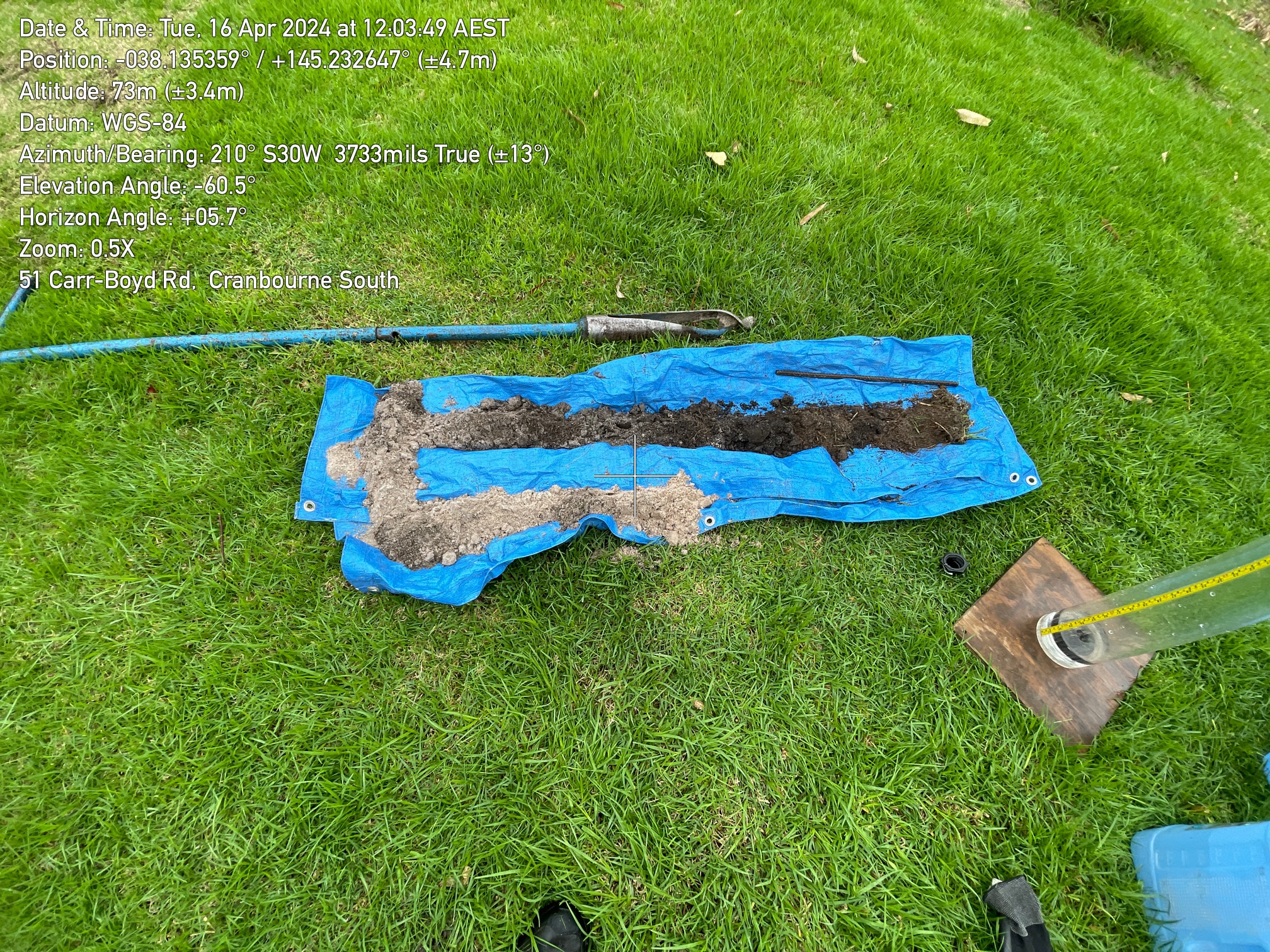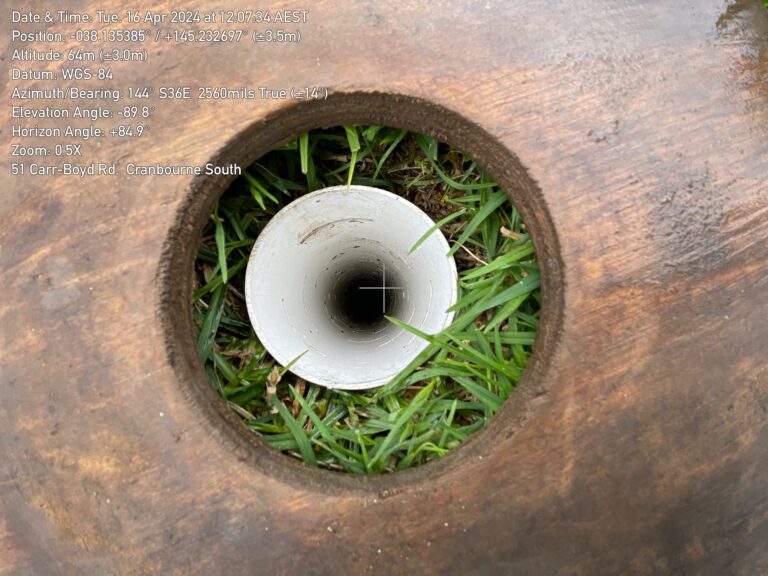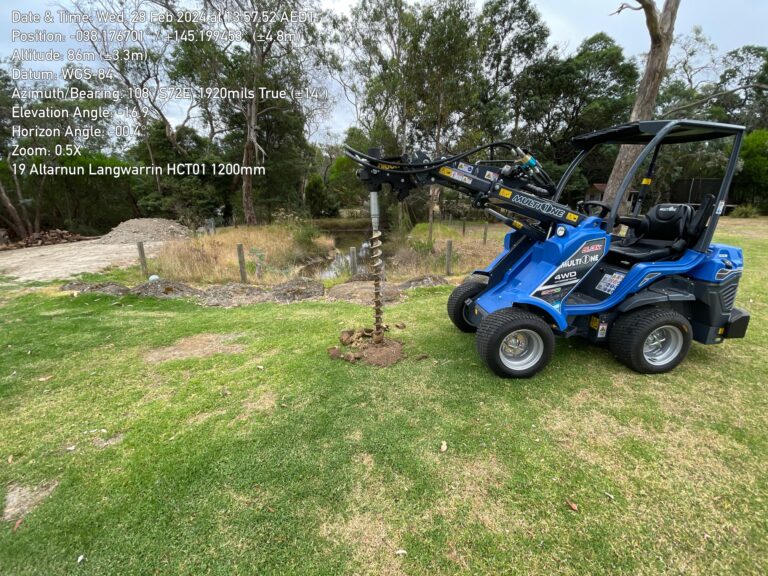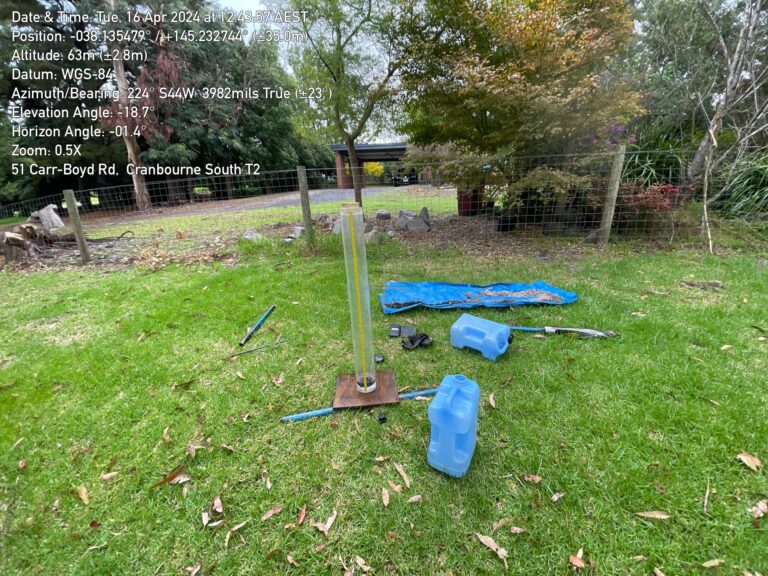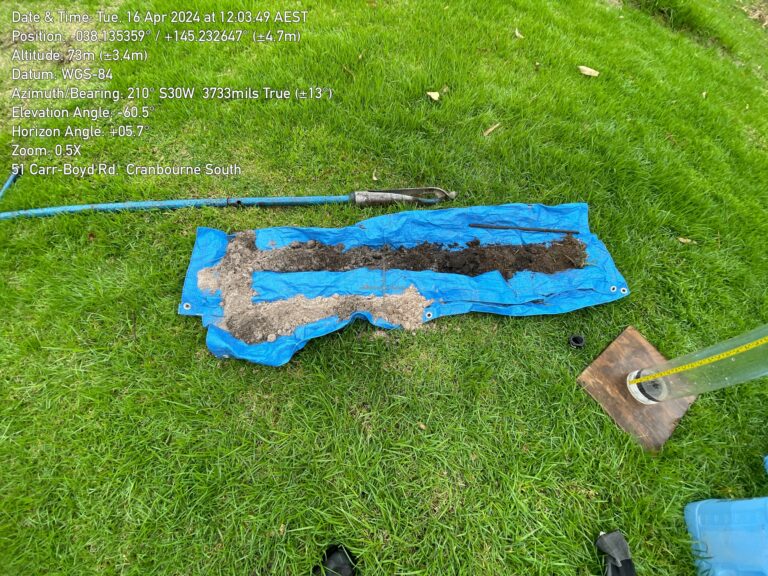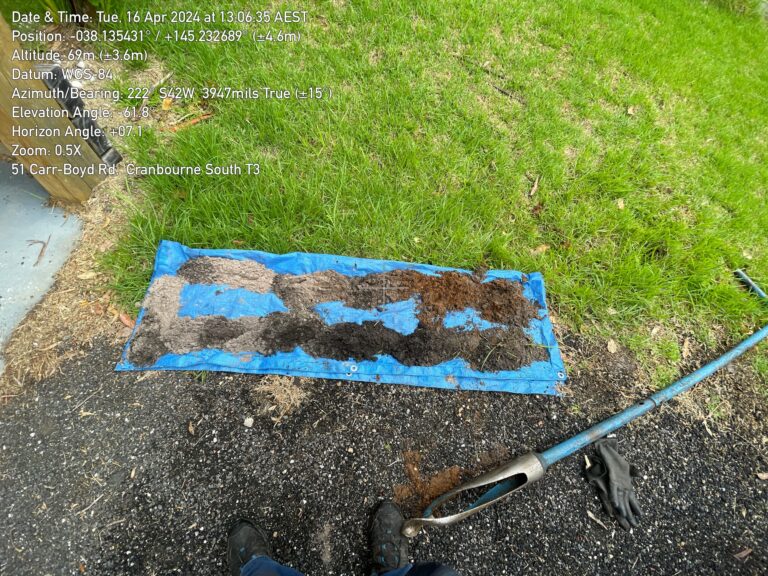What is a Land Capability Assessment(LCA), What does an LCA cost and do I need one?
Introduction
What is a Land Capability Assessment for Septic Effluent?
A Land Capability Assessment (LCA) for septic effluent is a specialised evaluation designed to determine whether a piece of land is suitable for the installation and effective functioning of a septic system. This type of assessment is crucial for properties not connected to municipal sewer systems, as it ensures that wastewater can be safely treated and absorbed by the soil without posing health risks or environmental hazards. The assessment involves a detailed analysis of soil characteristics, topography, groundwater levels, and potential impacts on nearby water bodies to ensure the septic system will operate efficiently and sustainably.
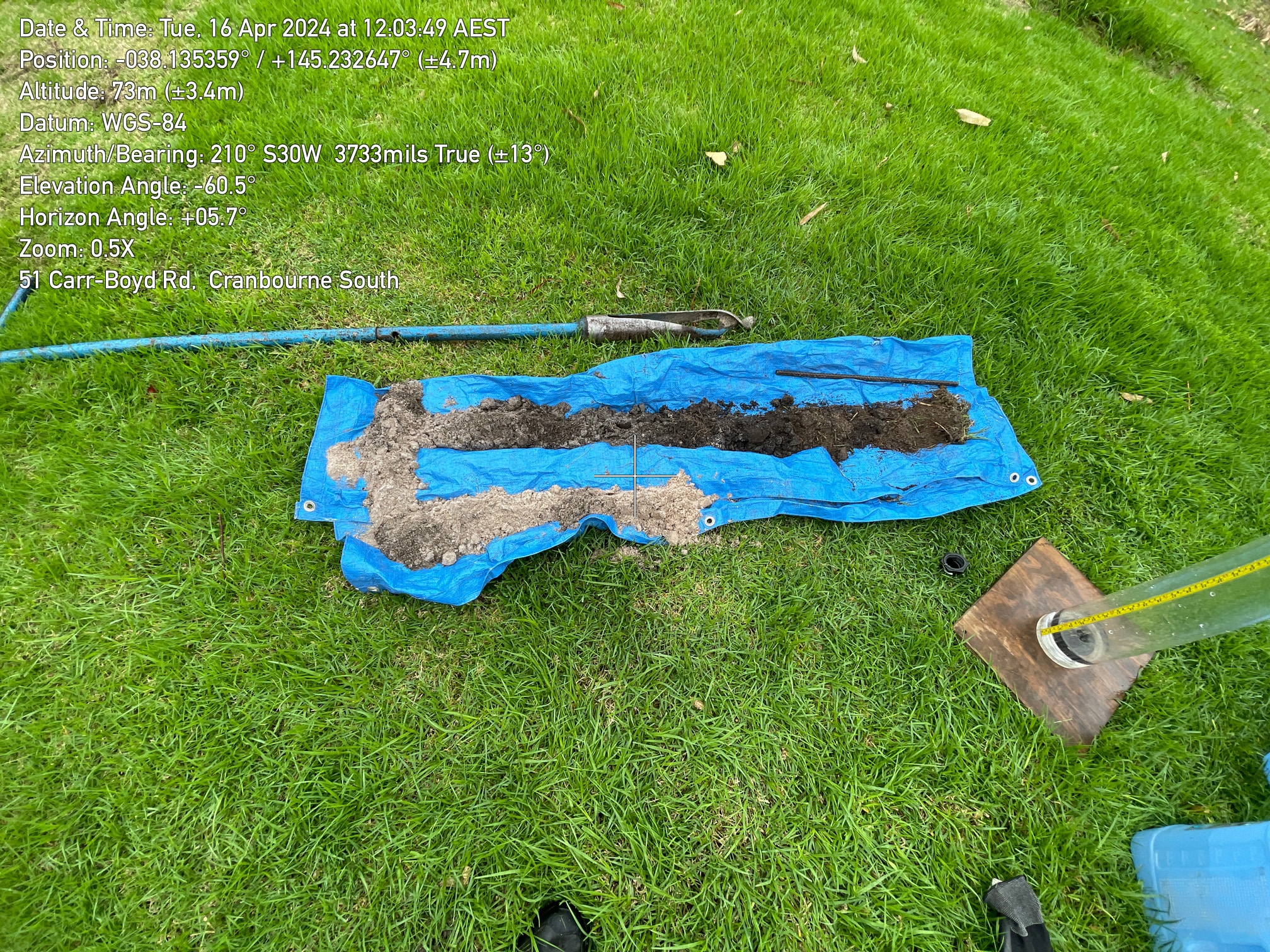
The Components of an LCA for Septic Effluent
An LCA for septic effluent includes several critical components. Soil testing is paramount, as the soil’s texture, permeability, and drainage capacity determine its ability to treat and absorb effluent. Percolation tests and soil profile analyses help identify the soil’s absorption rates and suitability for septic systems. Topographical analysis assesses the land’s slope and potential for erosion, which can affect system placement and function. Additionally, the assessment considers groundwater levels and the proximity of water bodies to prevent contamination. This comprehensive evaluation ensures the septic system is designed and located to function optimally and safely.
LCA Cost: What to Expect
The cost of conducting an LCA for septic effluent can vary widely based on factors such as property size, location, and the complexity of the required analysis. Generally, a basic assessment for a standard residential property might range from $1,500 to $3,000. However, more complex assessments, particularly for larger properties or those with challenging terrain or soil conditions, can cost $5,000 or more. These costs cover soil testing, site visits, percolation tests, and the preparation of a detailed report. While the upfront cost might seem significant, it is a vital investment to ensure the long-term functionality and compliance of your septic system.
Do You Need an LCA for Septic Effluent?
An LCA for septic effluent is often a regulatory requirement for obtaining permits to install or upgrade a septic system, especially in areas with stringent environmental protection standards. Beyond regulatory compliance, an LCA is crucial for safeguarding public health and the environment. It helps prevent costly and hazardous issues such as system failures, groundwater contamination, and surface water pollution. If you are planning to build on land not serviced by municipal sewage systems, an LCA is an essential step in the planning process. It provides the necessary data to design a septic system that meets both regulatory requirements and sustainable environmental practices.
Conclusion
A Land Capability Assessment for septic effluent is a critical process for ensuring the safe and effective management of wastewater on properties without access to municipal sewer systems. By evaluating soil properties, topography, and groundwater conditions, an LCA helps design septic systems that function efficiently and sustainably. While the cost of an LCA can vary, it is a worthwhile investment to prevent environmental contamination and system failures. For anyone planning new construction or system upgrades on such properties, an LCA is not just a regulatory necessity but also a crucial step in protecting health and the environment. Making informed decisions based on an LCA can save significant costs and complications in the long run. Contact Chris at for a friendly chat regarding your LCA equiries or to obtain a detailed obligation free quote.
Need quote? Contact Us Here!

